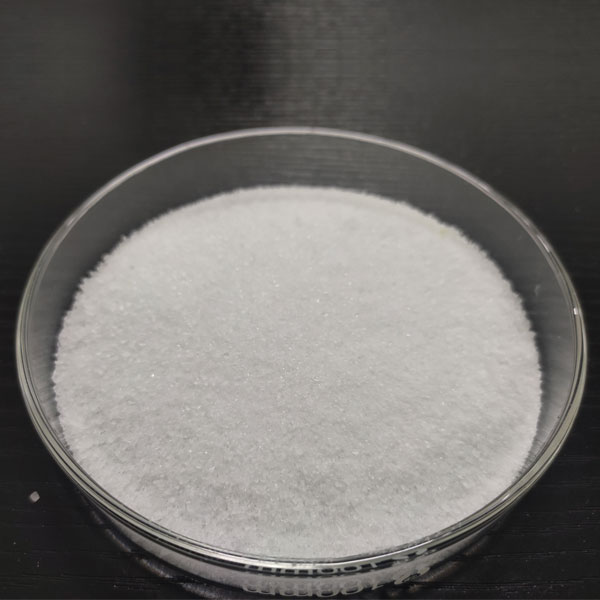Factors affecting the effect of high-concentration Polycarbonsäure-Superplasticizer
The effect of high-concentration water reducing agent will be affected by external factors, so we must understand the factors that will cause the impact, and then minimize its impact.
1. The form and amount of gypsum
When grinding cement clinker, a certain amount of gypsum is generally added together to grind it. Here, gypsum is used as a cement set-adjusting agent.
2. The mineral composition of cement
C3A and C2S have a great influence on the mineral composition. Cement with high C3A content has poor water-reducing and enhancing effect. This is because the adsorption capacity of C3A to Polycarboxylic Acid Superplasticizer is much higher than other mineral components, while the adsorption capacity of slag mixture to high-concentration Polycarbonsäure-Superplasticizer is small.
3. Alkali content of cement
The alkali content of cement mainly refers to the content of Na2O and K2O in the cement. The alkali content has a great influence on the adaptability of cement and high-concentration Polycarbonsäure-Superplasticizer. With the increase of cement alkali content, the plasticizing effect of water reducing agent becomes worse. The increase of cement alkali content will also lead to shortening of concrete setting time and increase of slump loss.
4. Freshness and temperature of cement
The fresher the cement, the worse the plasticizing effect of the Polycarbonsäure-Superplasticizer on it. This is because the fresh cement has a stronger positive charge and has a greater adsorption capacity for the high-concentration Polycarboxylic Acid Superplasticizer.


